

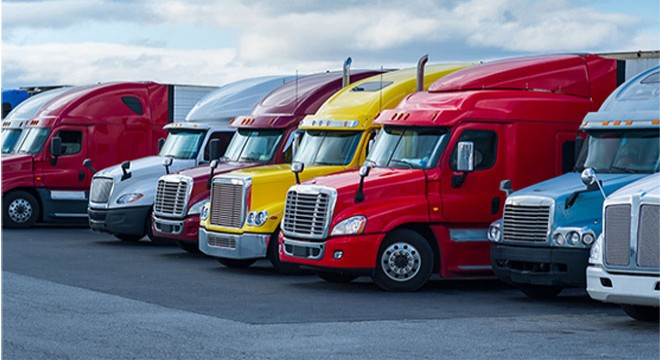
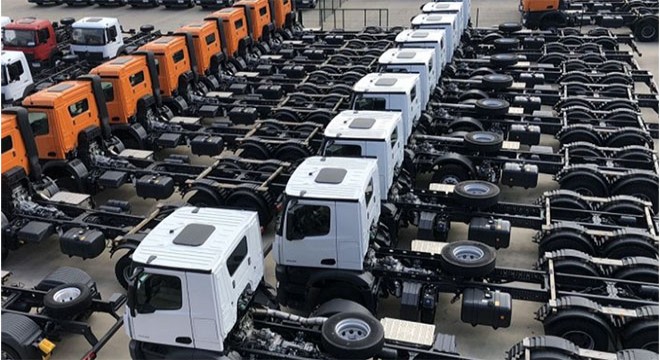

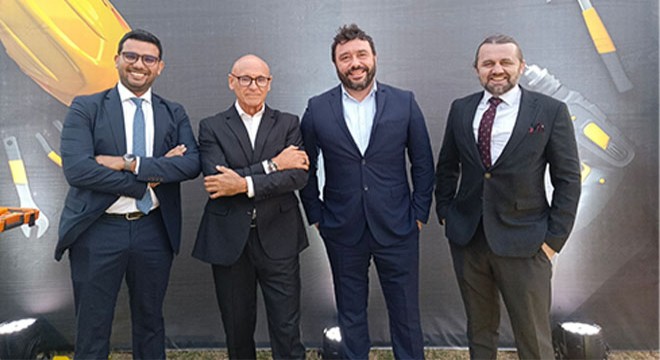
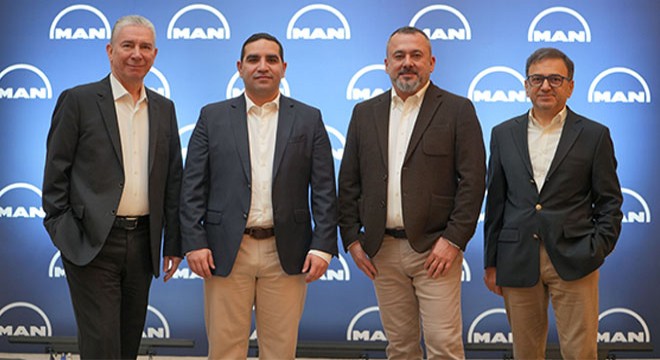
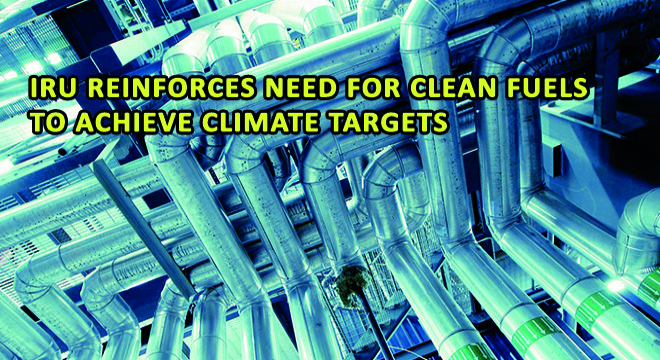
Technology alone will not be enough to fight climate change. While the public debate focuses on vehicle technology, namely battery electric vehicles (BEV) and hydrogen, it is important to consider all green energy options based on well-to-wheel emissions, regardless of the technology used. Electricity-based fuels (e-fuels) in liquid or gaseous form will be essential to effectively decarbonise long haul mobility and goods transport services.
Governments are already working to decarbonise. The EU will make concrete proposals with its Fit for 55 package this July, while in the US the Biden administration is making renewed efforts to reach the Paris agreement objectives. China launched its work with the National Development and Reform Commission (NDRC) in May this year, requesting its provinces to submit proposals to make the country carbon neutral by 2060, as opposed to the EU which has a target of 2050 or earlier with a more prescriptive approach to the technology to be used.
“We will not reach our climate goals without a range of alternative fuels for different use cases. The CO? emissions of these fuels must be measured using a well-to-wheel approach that takes into account their true carbon impact, and for this we need smart policies. The average range of long distance transport is 500 to 800 kilometres, for this operators need workable solutions, and low carbon fuels can help.”
 |
 |
 |
 |
|||||
|
|
|||||||
 Küfür, hakaret içeren; dil, din, ırk ayrımı yapan; yasalara aykırı ifade ve beyanda bulunan ve tamamı büyük harflerle yazılan yorumlar yayınlanmayacaktır. Neleri kabul ediyorum: IP adresimin kaydedileceğini, adli makamlarca istenmesi durumunda ip adresimin yetkililerle paylaşılacağını, yazılan yorumların sorumluluğunun tarafıma ait olduğunu, yazımın, yetkililerce, fikrim sorulmaksızın yayından kaldırılabileceğini bu siteye girdiğim andan itibaren kabul etmiş sayılırım. |





